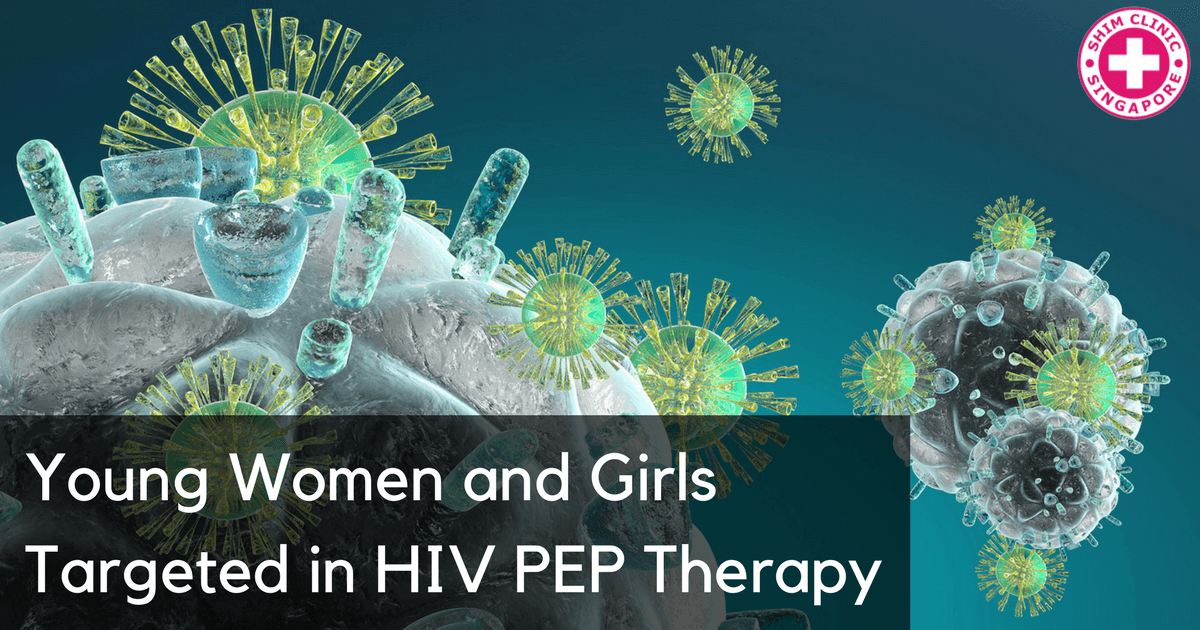Health officials in Kenya have rolled out a program targeting sexually active young women as well as girls aged 15 to 24. These two groups are among the high-risk groups targeted in the HIV pre-exposure prophylaxis (PrEP) rollout in an effort to protect HIV-negative people from contracting the virus.
The PrEP pill Truvada is a daily pill that helps to lower the chances of the uninfected person from contracting HIV. When the drug is in a person’s bloodstream, the virus will not be able to establish infection as easily.
According to the Kenya Aids Response Progress Report of 2016, 71,034 Kenyans of 15 years of age and above were infected with HIV in 2015. A third of these were young females.
The PrEP initiative was spearheaded by the Kenyan government in partnership with partner organizations. The initiative was approved after clinical trials and over 50 demonstration projects for proper implementation. With strict adherence to the daily pill, PrEP had more than 90% chance of working.
Other groups targeted on the campaign are sero-discordant couples. These are couples where one partner is HIV positive while the other one is HIV negative. Other target groups were sex workers, people who inject drugs and men having sex with men (MSM).
The government choose to target young women and teenagers because they have shown a growing increase in HIV infection cases. A review of available HIV data in Kenya revealed that the number of HIV positive young women was way higher than their proportion in the general population.
Young women make up 10 per cent (4.5 million) of the general population while their HIV prevalence is 4.6 per cent. This means that they are three times more likely to get infected with HIV than males in the same age group.
More Worried of Pregnancy Than HIV
Their vulnerability is increased by the fact that majority of them are more worried of getting pregnant than getting HIV. Most of them then are ignorant to the virus and do not take necessary precaution to protect themselves.
Statistics show that more women than men in Kenya use condoms during their first sexual encounter with a new partner. However, they abandon condoms as the relationship builds up without finding out the status of their partners.
Data by the Kenya Demographic and Health Survey of 2016 shows that one in four teenagers are not aware that using condoms during sex reduces the risk of HIV. They believe that sex with condoms is less fun. Only 28% of women between 15 and 64 years reported to use condoms during sex.
Many of them reported that they take the morning-after pill to protect themselves from getting pregnant and HIV post-exposure prophylaxis (PEP) for HIV prevention.
A lot of teenagers and young women have to proper sex education and many of them get information about sex from peers, TV and the internet and this comes with devastating consequences.
Even as the initiative is hoped to reduce new infections among these groups, health experts advise that PrEP is offered as a combination package together with condoms. This is because PrEP may prevent HIV but will not protect an individual from other sexually transmitted diseases (STDs) or pregnancy but condoms will.

